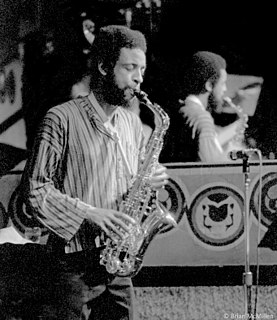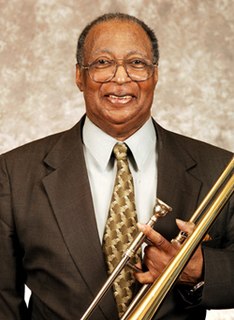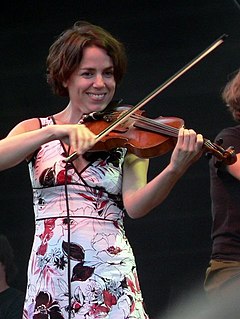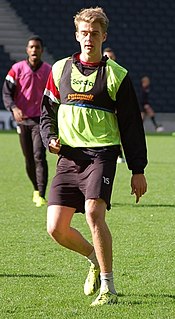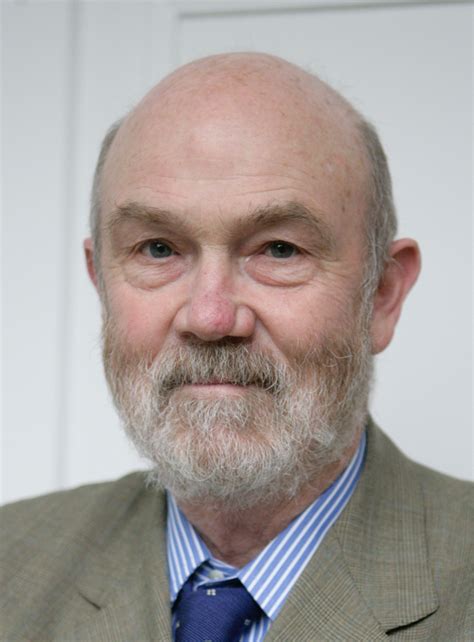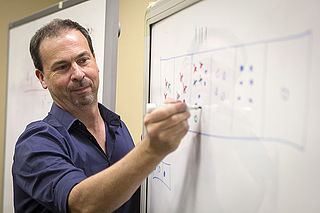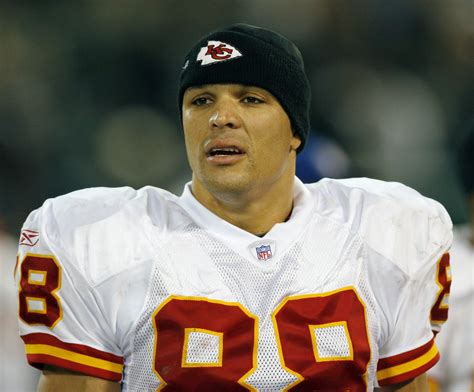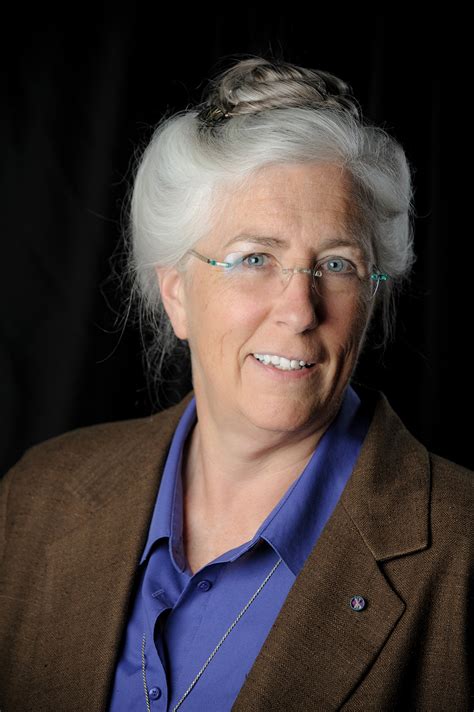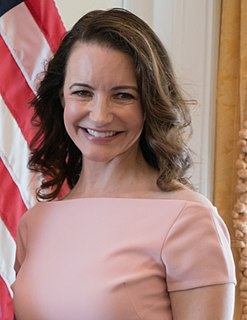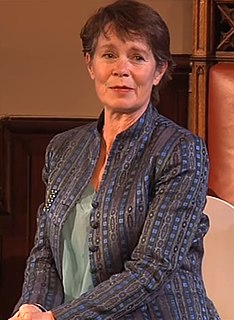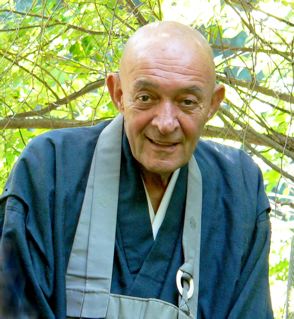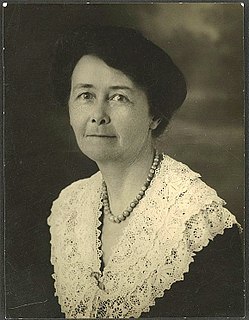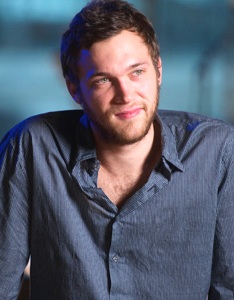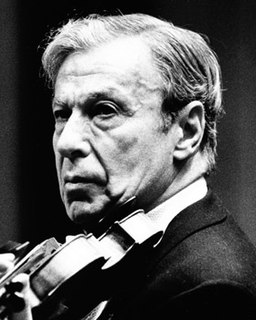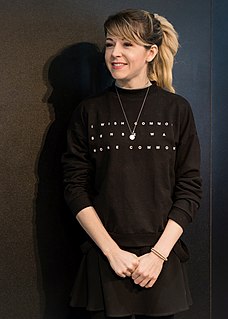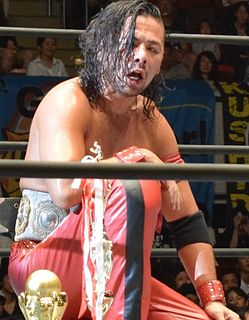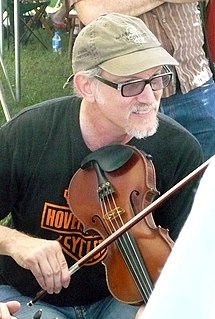Top 415 Violin Quotes & Sayings - Page 7
Explore popular Violin quotes.
Last updated on November 23, 2024.
People have their own interests and they want to play a certain kind of music. People want to play in orchestras. They want to play on Broadway. Those that want to play traditional jazz and have no interests in the ideas of improvisation. So in spit of the fact that there are fifty violin players, you might only narrow it down to ten and within those ten, there might only be three who have the right kind of background and credentials to deal with what you need to deal with. Everybody's got their own special thing that they are after and a lot of times you don't have time to be training people.
I more or less think that the trombone was chosen for me. I first selected a violin, which I didn't do too well with, and, ironically, the only thing left was the trombone. My next choice was a saxophone, but they didn't have any; so I think that the Creator had a lot to do with what I did...Because things just happened, you know, and I had no control over it. And I ended up with my instrument that I play now.
The old men of the village of Mahotière say that the Mistress of the Water is a mulatto woman. At midnight she comes out of the spring and sings while combing her dripping long hair, which makes a sound sweeter than a violin. It is a song of perdition for whomever hears it. There is no sign of the Cross, no "Our Father" to save him. Her curse takes him like a fish in a net and the Mistress of the Water awaits him on the edge of the spring and smiles upon him and tells him to follow her to the depths, from which he will never return.
When we forgive someone, we do not forget the hurtful act, as if forgetting came along with the forgiveness package, the way strings come with a violin. Begin with the basics. If you forget, you will not forgive at all. You can never forgive people for things you have forgotten about. You need to forgive precisely because you have not forgotten what someone did; your memory keeps the pain alive long after the hurt has stopped. Remembering is the storage of pain. It is why you need to be healed in the first place.
On the evenings when my parents held parties, the drawing-room mirrors multiplied to infinity the scintillations of a crystal chandelier. Mama would take her seat at the grand piano to accompany a lady dressed in a cloud of tulle who played the violin and a cousin who performed on a cello. I would crack between my teeth the candied shell of an artificial fruit, and a burst of light would illuminate my palate with a taste of blackcurrant or pineapple: all the colours, all the lights were mine, the gauzy scarves, the diamonds, the laces; I held the whole party in my mouth.
I got a new 4-track cassette recorder a year or so after high school. For a while I would just stare at it thinking, how am I going to do this if I don't play guitar or keyboards? How am I going to write and record a song if I don't know how to play any instruments? I mean, I played the violin, but I didn't know anything about how to work a 4-track.
I’ve often wished that I had some suave and socially acceptable hobby that I could fall back on in times like this. You know, play the violin (or was it the viola) like Sherlock Holmes, or maybe twiddle away on the pipe organ like the Disney version of Captain Nemo. But I don’t. I’m sort of the arcane equivalent of a classic computer geek. I do magic, in one form or another, and that’s pretty much it. I really need to get a life, one of these days
The composer Stravinsky had written a new piece with a difficult violin passage. After it had been in rehearsal for several weeks, the solo violinist came to Stravinsky and said he was sorry, he had tried his best, the passage was too difficult, no violinist could play it. Stravinsky said, 'I understand that. What I am after is the sound of someone trying to play it.'
Patience has the meaning of testing-a thing drawn out and tested, drawn out to the last strand in a strain without breaking, and ending in sheer joy. The strain on a violin string when stretched to the uttermost gives it its strength; and the stronger the strain, the finer is the sound of our life for God, and He never strains more than we are able to bear.
When he thought of her, it rather amazed him, that he had let that girl with her violin go. Now, of course, he saw that her self-effacing proposal was quite irrelevant. All she had needed was the certainty of his love, and his reassurance that there was no hurry when a lifetime lay ahead of them. Love and patience- if only he had had them both at once- would surely have seen them both through.
The trombones crunched redgold under my bed, and behind my gulliver the trumpets three-wise silverflamed, and there by the door the timps rolling through my guts and out again crunched like candy thunder. Oh, it was wonder of wonders. And then, a bird of like rarest spun heavenmetal, or like silvery wine flowing in a spaceship, gravity all nonsense now, came the violin solo above all the other strings, and those strings were like a cage of silk around my bed. Then flute and oboe bored, like worms of like platinum, into the thick thick toffee gold and silver. I was in such bliss, my brothers.
Math is the beautiful, rich, joyful, playful, surprising, frustrating, humbling and creative art that speaks to something transcendental. It is worthy of much exploration and examination because it is intrinsically beautiful, nothing more to say. Why play the violin? Because it is beautiful! Why engage in math? Because it too is beautiful!
The bass line is the anchor for me. I started with the bass, and either doubled that and then added the harmonies, or sometimes added my own harmonies that I've always wanted to sing on the song. And then it just went on from there - singing violin parts and trumpet parts and just trying to emulate the sounds of the instruments.
The military doesn't teach rifle marksmanship. It teaches equipment familiarity. Despite what the officer corps thinks, learning to shoot a rifle is not like learning to drive a car. Instead, it is like learning to play the violin.... The equipment familiarity learning curve comes up quick, but then the rifle marksmanship continuation of the curve rises very slowly....by shooting one careful shot at a time, carefully inspecting the result (and the cause).
I was born with God-given gifts of very talented musical ability and exceptoinal physical coordination. I always needed prodding to practice piano, violin, cornet or French horn. I had to be pulled away from any athletic participation. Now, at 63, I look back on my athletic feats - All-American, All-Pro Quaterback, College and Pro Football Hall of Fame - and I can honestly say I would trade these all if I had been smart enough to pursue my musical career. YOUNG PEOPLE - don't make the same mistake.
Holmes had cultivated the ability to still the noise of the mind, by smoking his pipe and playing nontunes on the violin. He once compared this mental state with the sort of passive seeing that enables the eye, in a dim light or at a great distance, to grasp details with greater clarity by focusing slightly to one side of the object of interest. When active, strained vision only obscures and frustrates, looking away often permits the eyes to see and interpret the shapes of what it sees. Thus does inattention allow the mind to register the still, small whisper of the daughter of the voice.
I've been acting since I was ten years old. I had two lines in Snow White and the Seven Dwarves at the community theater I was very focused and I loved it. My parents believed in the arts and being well rounded. So I played piano and violin, I danced and acted. They never thought I would go into acting though. They just wanted a well-rounded child and it was a bit of a shock to my dad when I said "I want to go to acting school" because he is a psychology professor and was thinking of something more academic.
If I look back, my mother was always out. I can remember the perfume and her scarlet chiffon dress and crystal beads, going to a party. She used to play her violin at restaurants later on in life and at old people's homes. She loved the races, which she used to take me to as a child: our carpets were bought with her winnings. Loved her chickens.
Kids draw masterpieces - they're the best painters ever. I think the same with music. They could totally write amazing music if they just had the right tools. It's important at that age to set up something, and then maybe afterwards you can go study your violin for 500 hours a week. But at least in the beginning you know about the options.
If you know the music the moment the violin string begins to vibrate, then you know how to navigate through the forest of brambles and entanglements with freedom and ease. If, on the other hand, you think that with practice the forest of brambles and entanglements will altogether disappear, then right from the beginning you are hopelessly entangled and won't find your way.
Jem leaned closer against the chair, staring into the fire. “Better it were my hands,” he said. Will shook his head. Exhaustion was muting the edges of everything in the room, blurring the flocked wallpaper into a single mass of dark color. “No. Not your hands. You need your hands for the violin. What do I need mine for?
I read the other day that Minor White said it takes twenty years to become a photographer. I think that is a bit of an exaggeration. I would say, judging from myself, that it takes at least eight or nine years. But it does not take any longer than it takes to learn to play the piano or the violin. If it takes twenty years, you might as well forget about it!
Of true knowledge at any time, a good part is merely convenient, necessary indeed to the worker, but not to an understanding of his subject: One can judge a building without knowing where to buy the bricks; one can understand a violin sonata without knowing how to score for the instrument. The work may in fact be better understood without a knowledge of the details of its manufacture, of attention to these tends to distract from meaning and effect.
[Phil wood] put on some [Igor] Stravinsky and say to follow the score, tell me to play me the opening to the Rite of Spring. Or, "I'm going to play you some 20th century obscure classical composer you don't know". Or, "Let's listen to some Charles Ives, let's sight read some Bartok violin duets", etc.
I think the biggest misconception about mathematics is that everybody has to learn it. That seems to be a complete mistake. All the time worrying about pushing the children and getting them to be mathematically literate and all that stuff. It's terribly hard on the kids. It's also hard on the teachers. And I think it's totally useless. To me, mathematics is like playing the violin. Some people can do it - others can't. If you don't have it, then there's no point in pretending.
If you want to make films, you'll watch Kurosawa. If you want to play a violin, you listen to Seghetti. Same with somebody who has the ambition to play in the NBA. I watch a basketball game; I enjoy it. Somebody who really wants to learn to play is studying whatever is most magnificent that's going on out there.
It seems to be the special peculiarity of human beings that they reflect: they think about thinking and know that they know. This, like other feedback systems, may lead to vicious circles and confusions if improperly managed, but self-awareness makes human experience resonant. It imparts that simultaneous "echo" to all that we think and feel as the box of a violin reverberates with the sound of the strings. It gives depth and volume to what would otherwise be shallow and flat.
The mastery of one's phonemes may be compared to the violinist's mastery of fingering. The violin string lends itself to a continuous gradation of tones, but the musician learns the discrete intervals at which to stop the string in order to play the conventional notes. We sound our phonemes like poor violinists, approximating each time to a fancied norm, and we receive our neighbor's renderings indulgently, mentally rectifying the more glaring inaccuracies.
The further I wake into this life, the more I realize that God is everywhere and the extraordinary is waiting quietly beneath the skin of all that is ordinary. Light is in both the broken bottle and the diamond, and music is in both the flowing violin and the water dripping from the drainage pipe. Yes, God is under the porch as well as on top of the mountain, and joy is in both the front row and the bleachers, if we are willing to be where we are.
I've had it for about 13 years, and I don't see any reason to change, I find that the violin just keeps responding really well. It changes itself every year; it ages, it goes through all these different environmental changes, and of course, the travelling...It develops on its own, just as any performer does. It's a very stable instrument, so I can rely on it, but at the same time it always shows me a different side of things than I expect.
Each of our passions, even love, has a stomach that must not be overloaded. We must in everything write the word 'finis' in time; we must restrain ourselves, when it becomes urgent; we must draw the bolt on the appetite, play a fantasia on the violin, then break the strings with our own hand. The Wise man is he who knows when and how to stop.
If the souls of lives were voiced in music, there are some that none but a great organ could express, others the clash of a full orchestra, a few to which nought but the refined and exquisite sadness of a violin could do justice. Many might be likened unto common pianos, jangling and out of tune, and some to the feeble piping of a penny whistle, and mine could be told with a couple of nails in a rusty tin-pot.
I think I'll always feel a little in awe whenever I see someone in their 20s or 30s carrying a cello or violin case - because I know, if they're doing it professionally, how many years of practice have gone into being able to make music with them. And the sounds they can make just hit me very hard, and feel full of limitless complexity.
Mathematics is really an art, not a science. You could say science also is an art. So I would say the difference is something you can't really describe - you can only recognize. You hear somebody playing the violin, and it was Fritz Kreisler or it was somebody else, and you can tell the difference. It is so in almost every art. We just don't understand why it is that there are just a few people who are just completely off the scale and the rest of them are just mediocre. And we don't know why. But I say it's certainly true of mathematics.
Oh, if I had had a friend at this moment, a friend in an attic room, dreaming by candlelight and with a violin lying ready at his hand! How I should have slipped up to him in his quiet hour, noiselessly climbing the winding stair to take him by surprise, and then with talk and music we should have held heavenly festival throughout the night!
Bach in general was so good with the violin. He just finds the genius way around his music on the instrument. When you think about the fact that the instrument has changed significantly since he wrote for it and his music still really works, it's brilliant. He was definitely ahead of his time. There's something so satisfying about his music. It's beautifully organized and emotional at the same time. I find it highly exciting.
In his writings, Patton was shameless about his ambition to woo Lena to be his bride. He detailed the gradual progress he made, playing music for her on his violin, writing her poems, beguiling her with stories, engaging her in conversation. It was clear that he obsessed over her. He knew what he wanted and never relented until she was his.
It's no use practicing too much. First you have to find out how to do it best. You have to be able to invent ways of doing better. Not only practice; obviously you have to practice. But to invent things how to do better. If somebody doesn't know what invention means, he should stop violin playing! You can't explain everything... Not practicing only: Think how to achieve quality.
Our entire being is fashioned as an instrument of praise. Just as a master violin maker designs an instrument to produce maximum aesthetic results, so God tailor-made our bodies, souls and spirits to work together in consonance to produce pleasing expressions of praise and worship. When we use body language to express praise, that which is internal becomes visible.
Spent the fortnight gone in the music room reworking my year's fragments into a 'sextet for overlapping soloists': piano, clarinet, 'cello, flute, oboe, and violin, each in its own language of key, scale, and color. In the first set, each solo is interrupted by its successor; in the second, each interruption is recontinued, in order. Revolutionary or gimmicky? Shan't know until it's finished, and by then it'll be too late.
I was classically trained. But more than just the fact that I play violin, there's a lot of classical elements in the way I write, in the way I hear chords. A lot of times, I think of my songs as a symphony made out of electronics rather than instruments. And I love to do orchestral arrangements of my songs after they're done.
Visually I've always liked the 20s 30s for film. I do these because I like the music. I like the clothes. I like the way the women and the guys look. There are soldiers and sailors and gangsters with the machine guns in their violin cases. It's a very colorful era of New York, full of great theater and great nightclubs and great jazz.
[As a kid] I felt it was really weird that music schools behaved like a conveyor belt to make performers for those symphony orchestras. If you were really good and practiced your violin for a few hours a day for ten years you might be invited to this VIP elite club. For me music was not about that. It is about freedom and expression and individuality and impulsiveness and spontaneity. It wasn't so Apollonian; it was more Dionysian.
There are days that I get neurotic with the instrument [violin]. Every little adjustment will change the balance for good or for bad. It's kind of a miracle, the way the whole thing works as an acoustical whole, so perfectly balanced that any little thing will - which also means the weather, the humidity.
Before I came to WWE, they sent me samples of all of the entrance music, so I told them, 'I don't use this,' and 'I don't use this,' and, 'Please mix music with violin,' and they would make samples, and I would give my opinion, and this would go back and forth until, finally, they made 'The Rising Sun,' and I was really happy to have that.
There are things about how a note sounds on a violin that are really analogous to the human voice - you have a frequency and the air, and then you have a timbre which really is overtones - and making those things work together is one thing. The other thing is mechanical: If you can use your hands and arms to create sound on a fiddle, then learning to sing with it is like adding a third body part. And it's all training.
You know, if you really want to fiddle the old-time way, you've got to learn the dance. The contra-dances, hoedowns. It's all in the rhythm of the bow. The great North Carolina fiddle player Tommy Jarrell said, 'If a feller can't bow, he'll never make a fiddler. He might make a violin player, but he'll never make no fiddler.'
